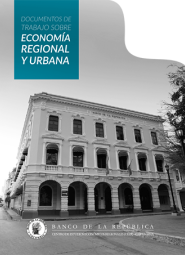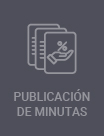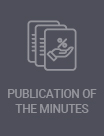Exchange Rate Pass-Through Effects: A Disaggregate Analysis of Colombian Imports of Manufactured Goods
La serie Borradores de Economía es una publicación de la Subgerencia de Estudios Económicos del Banco de la República. Los trabajos son de carácter provisional, las opiniones y posibles errores son responsabilidad exclusiva del autor y sus contenidos no comprometen al Banco de la República ni a su Junta Directiva.
Colombian monthly data covering the period from 1995:01 to 2002:11 and ECM, fixed and time-varying parameters and Kalman filter techniques are used in this paper to quantify the exchange rate pass-through effects on import prices within a sample of manufactured imports. Also, whether the foreign exchange and inflation regimes affect the degree of pass-through is evaluated. The analytical framework used was a mark-up model. The main finding is that the long-run pass-through elasticities for the industries in the sample are stable and go from 0.1 to 0.8 and the short-run ones are unstable and go from 0.1 to 0.7, supporting mark-up hypotheses, in contrast to the hypotheses of perfect market competition and complete pass-through. The findings also show evidence of the variability and different degrees of pass-trough among manufacturing sectors, which confirm the importance of using dynamic models and disaggregate data for an analysis of the pass-through. Both, the hypothesis that under a floating regime there is a low degree of pass-through and the hypothesis that a low inflation environment has the same result are not supported.
La serie Borradores de Economía es una publicación de la Subgerencia de Estudios Económicos del Banco de la República. Los trabajos son de carácter provisional, las opiniones y posibles errores son responsabilidad exclusiva del autor y sus contenidos no comprometen al Banco de la República ni a su Junta Directiva.





















































